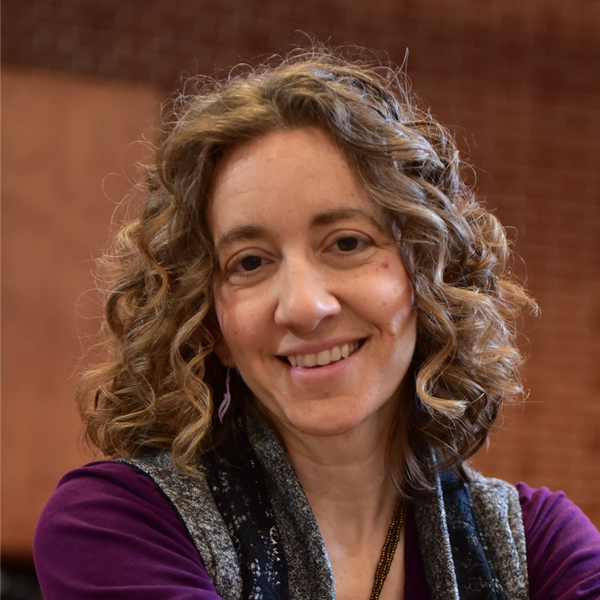The process of writing, revision and publication begins with a question--are you a plotter or a pantser? Some people write by the seat of their pants. I like to plot things out. I get completely paralyzed if I don't know where I'm going....I want to have a framework to start.
I thought A Song for the Road would write itself because it was a road trip and had this built in structure.
The rough draft came out pretty quickly. But the revision process was long and painful on this book. Well, I shouldn't say painful. I actually enjoy revision. Drafting is difficult for me, but once the dough is mixed, and you get to get in there and knead and shape it—that's the part that I really enjoy. I think I spent six or seven months writing the draft of this book, and then another year and a half revising it.
When I started getting requests from agents, I did two more revisions for two agents who were interested in it, and ended up signing with one of them. And then did another revision after that before my agents felt like it was ready to go on submission. When it sold, then there was another major revision. It wasn't terrible, but it was it was big. I took out a major plotline that that had been sort of central at the beginning, but by that time, the book had matured into something else. We did another more minor round of revisions in the fall before I sent it in final manuscript.
Then I asked her: "What was the difference? Without recounting the four different versions, I mean, was Miriam always been the same person?"
Miriam has always been the same person. By the time A Song for the Road went out to agents and all of that, her character was pretty well set.
But in my initial concept for this book, this was a road trip that was structured around social media. She became an internet sensation. And while she was trying to have this private trip, she was also dealing with trolls, and people showing up wherever she was going to be.
I thought that gave her an extra layer of conflict: she was trying to do this intensely private this thing in public. But in the later stages of revision, editors and agents said this book doesn't need that. So most of it went away. In earlier versions of the book, at the end of every section, I had Facebook and Twitter interactions, stuff about her followers and how she was going viral. All of that went away in order to streamline and focus on what Miriam was going through.
Since Kathleen is also a composer and writes non-fiction, I asked her "So you're a composer, and you're a writer, and you write long fiction novels, you've also written a lot of magazine articles, you've written short books dealing with the liturgical seasons and so forth. How is writing a novel the same or different than writing music or writing shorter forms?
The challenge is different for each one. With nonfiction the structure sort of takes care of itself. You figure out, “Here’s the topic, and here's how I'm going to break it down.” You get to use headings and subheadings. It's short pieces, and then you just have to tie them together. What's hard about writing nonfiction is making it so that somebody would actually want to read it. It can't just be dry recitation of facts. So that's what's challenging.
In fiction, it's a lot harder to come up with the structure that propels it forward. You don't have those subheadings to guide you. Which was why the road trip was so nice, because it kind of gave me that structure. But with fiction, you have a lot more freedom to play with language, to pause and stop and really dig into the moments and things that would just not be appropriate in nonfiction.
With music, I'm writing texts for use in worship, and that I find much, much more difficult, actually. Because the syllables have to fall just right, and you have very few syllables to get a message across. It’s more accessible to congregational singing if it's consistent from one verse to the next, and that imposes a huge, huge amount of work on the composer to come up with texts that are that are appropriate theology, and which have the same number of syllables in the same stress pattern in every verse, and where accent syllables fall in the right place. So yeah, that's hard, hard work.
Fiction is incredibly freeing compared to that. I'm not constrained in the same way. But I would imagine all of that text work means that I'm thinking about sentence cadence in a different way than I would if I just wrote fiction.


Great post! I love this inside look into the editing process and will look for the book!
ReplyDelete